Vital to the fusion process and used in a wealth of technological applications, new research shows quantum tunneling is still delivering surprises.
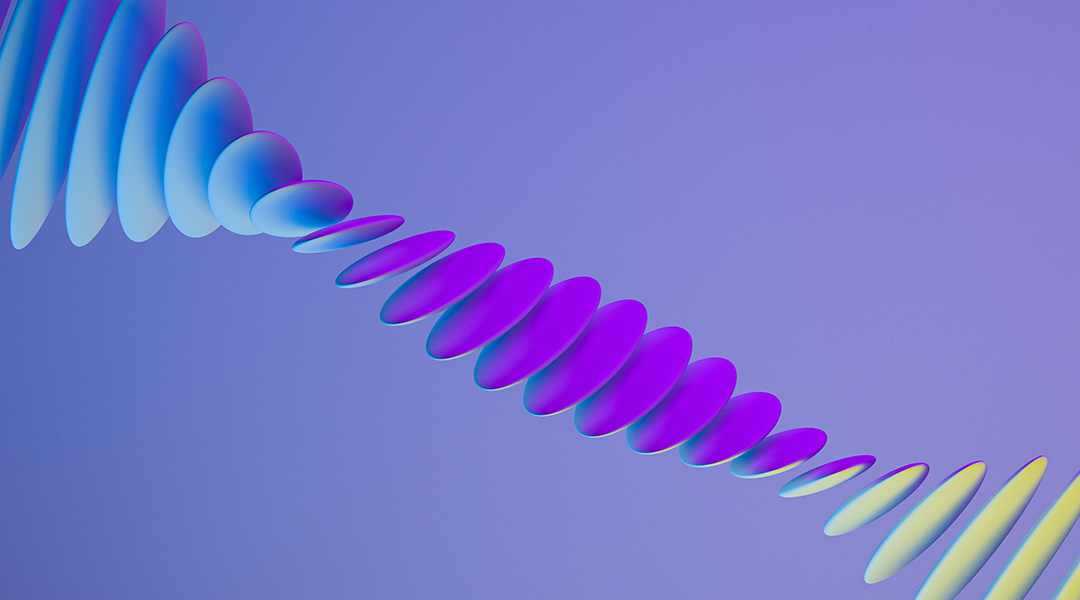

Vital to the fusion process and used in a wealth of technological applications, new research shows quantum tunneling is still delivering surprises.
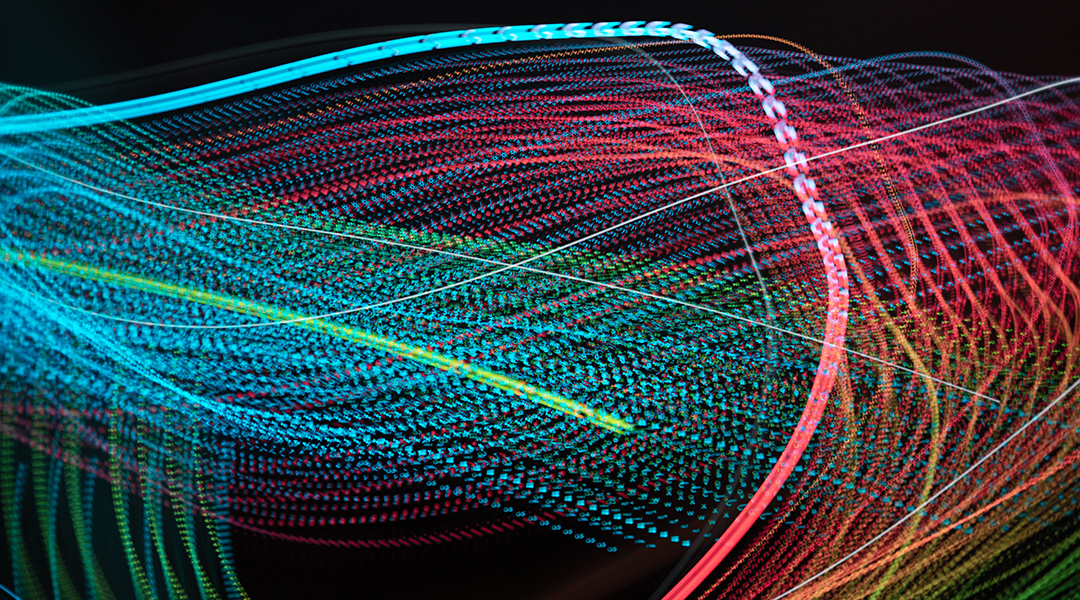
A group of scientists have carried out one of the strongest tests of quantum phenomena by observing nonlocality in a network.
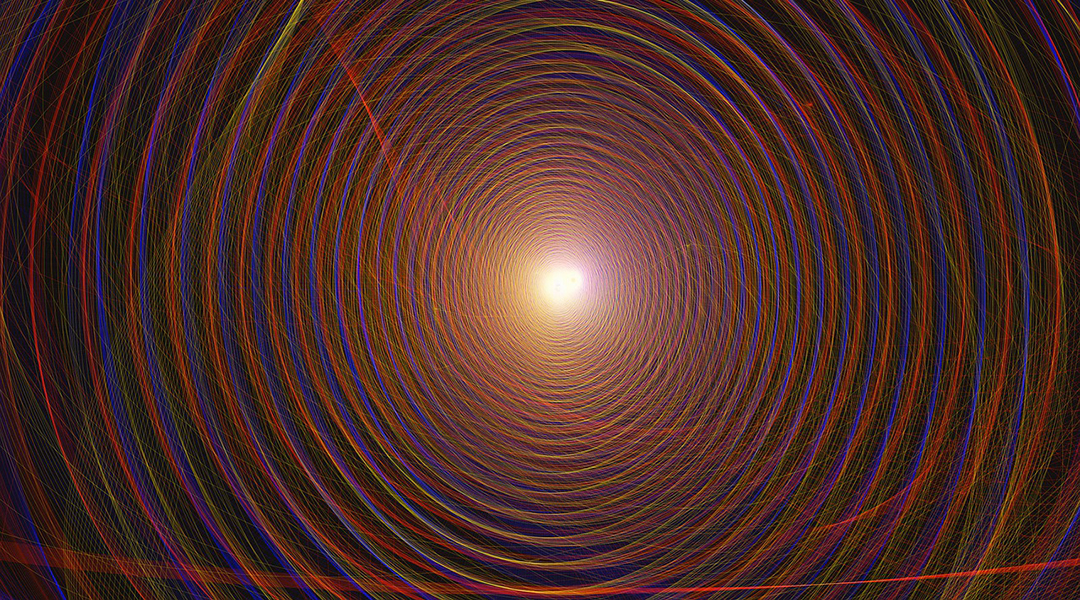
A study explores how the behavior of electrons changes on the mesoscale under magnetic fields and rotation.
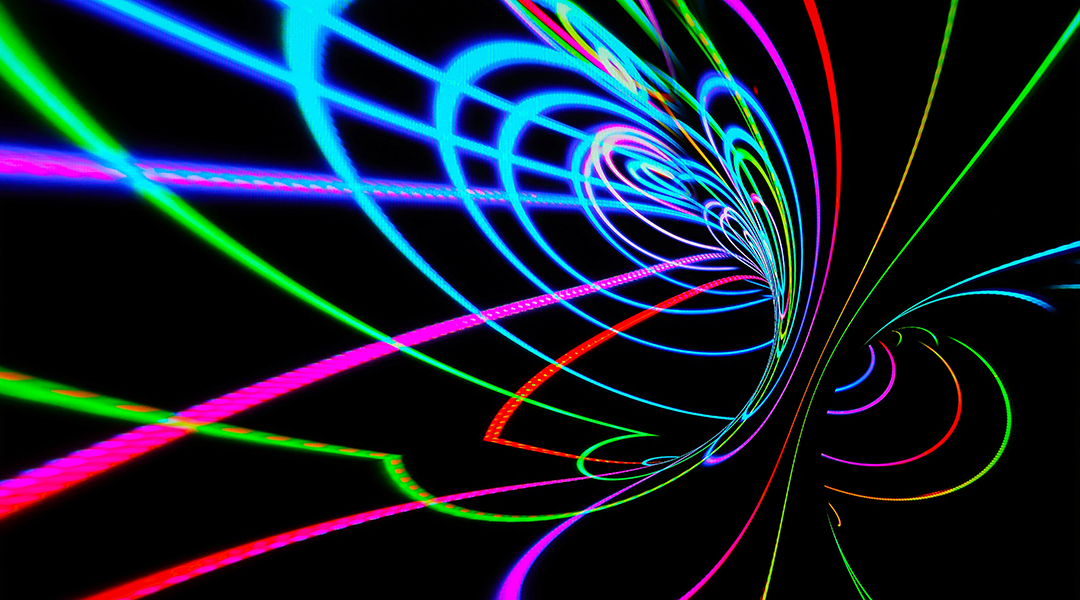
Using 19 different quantum computers, scientists demonstrate how entangled particles break limitations in accuracy on the sub-atomic scale.
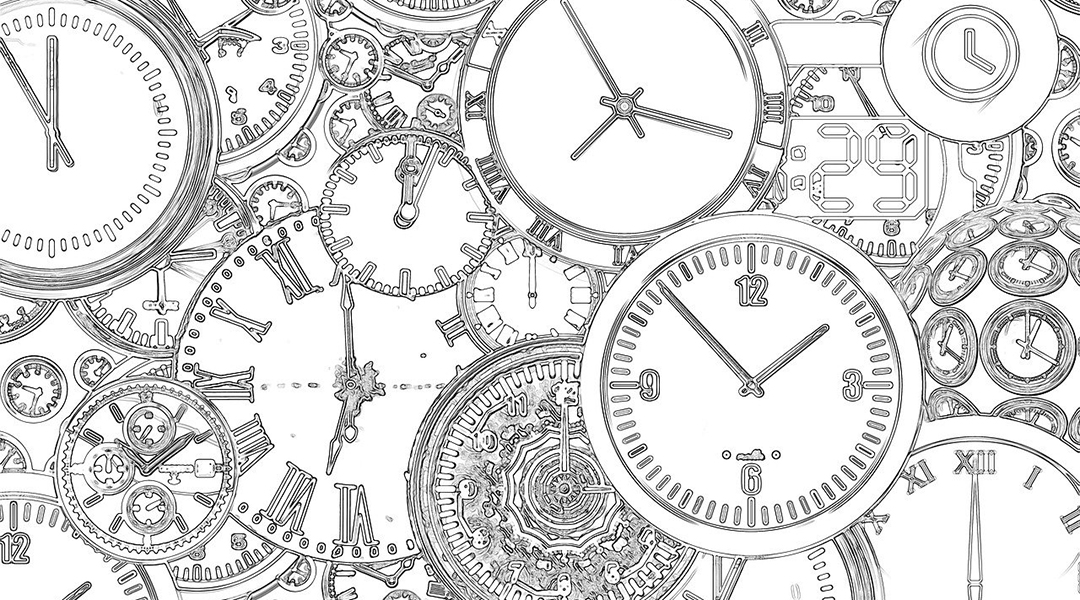
Scientists use quantum entanglement to compare two atomic clocks achieving what might be the ultimate precision possible.
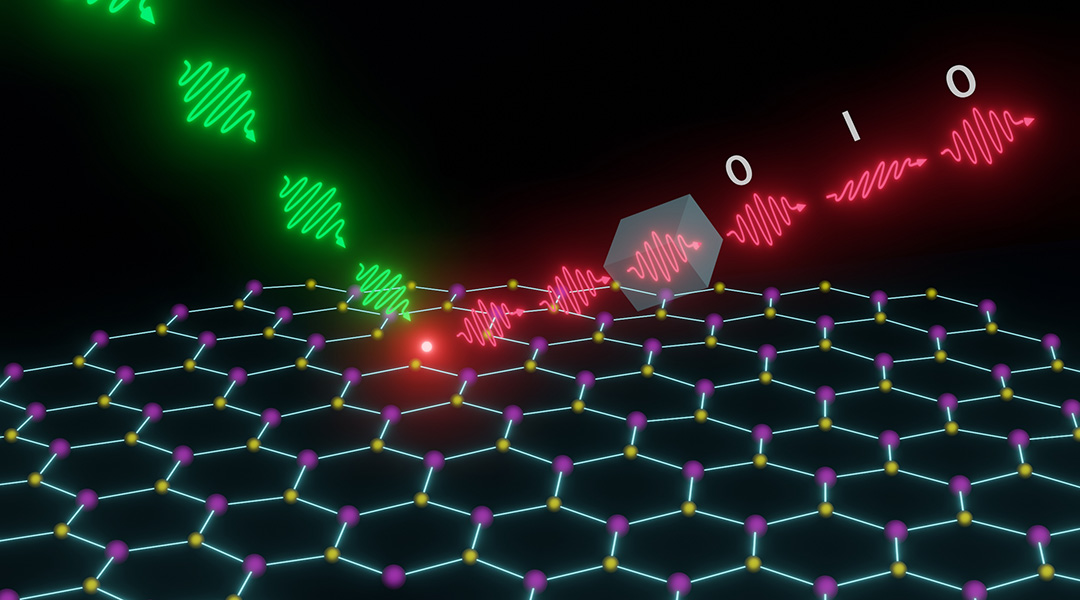
Exploiting defects in 2D hexagonal boron nitride to create reliable single photons, researchers have upped their quantum encryption game.
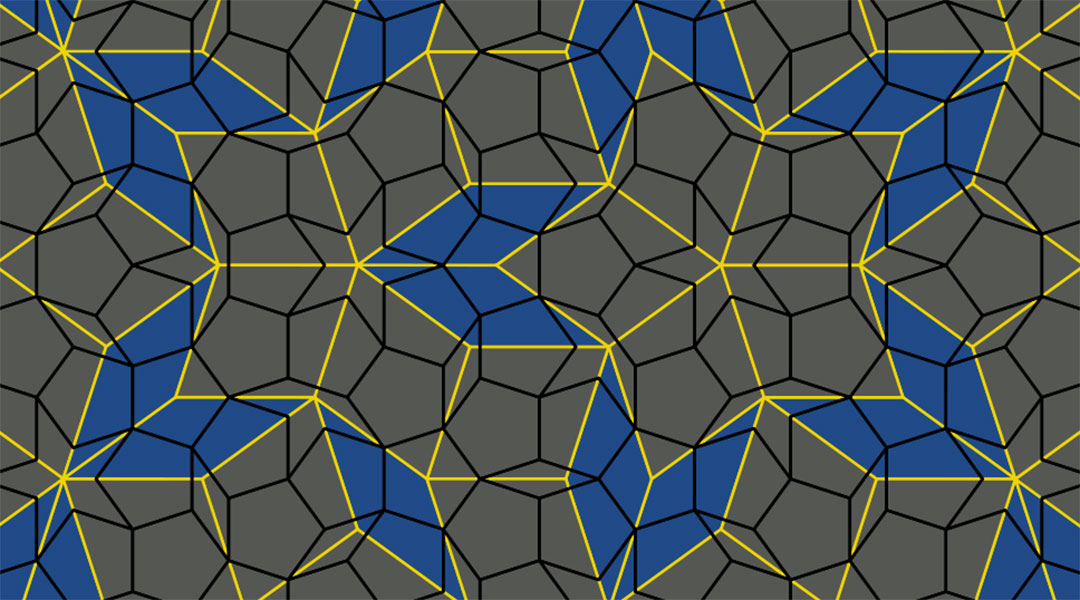
Extra time dimensions provide scientists with a new way to think about phases of matter for more stable qubits and robust quantum computers.
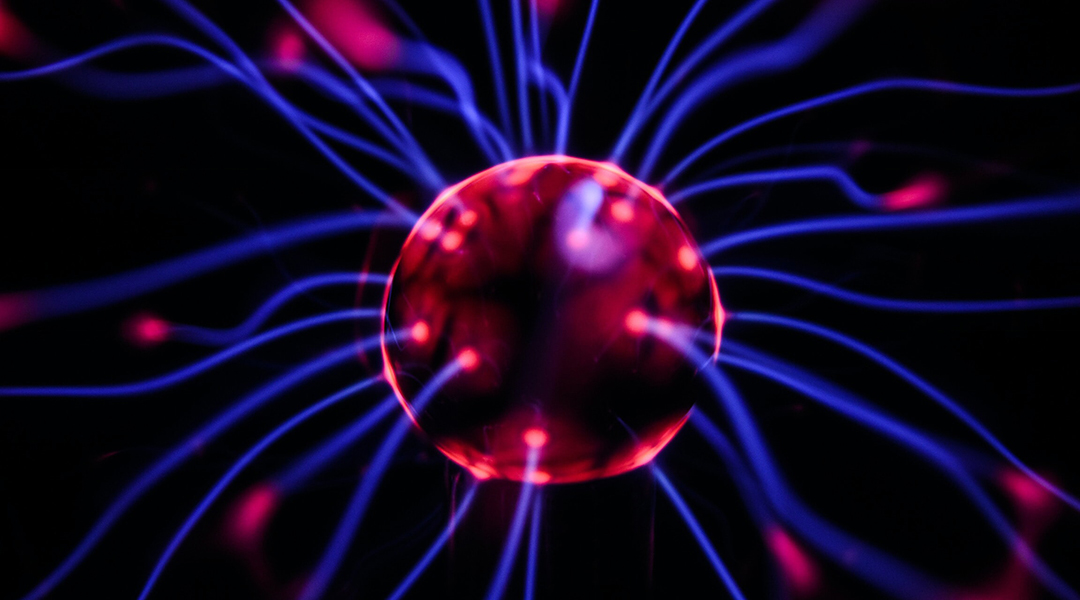
An AI made from plasma learns to play tic-tac-toe using varying and controllable mixtures of gases, in a major step forward.
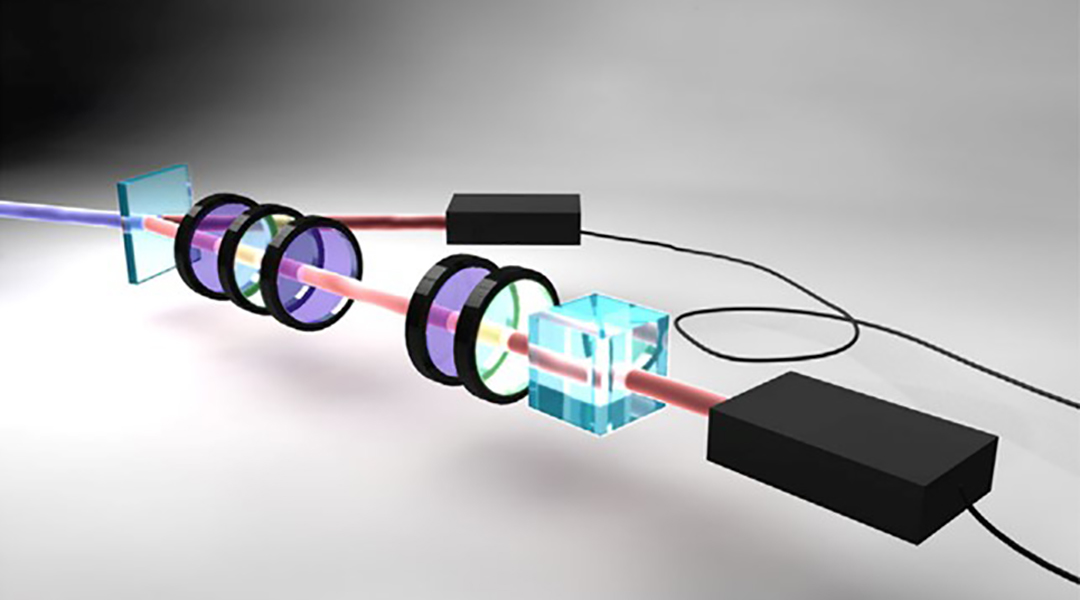
Quantum computing to process large amounts of data tested by bringing together complementary and versatile quantum processors.
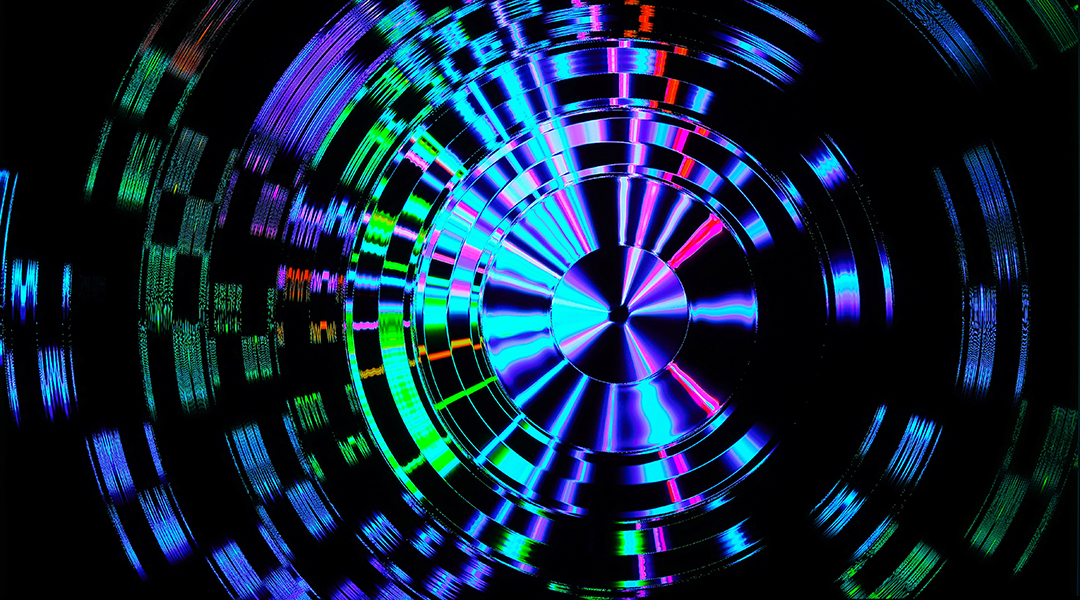
A set of quantum computers was put to the test by playing the notorious triangle game.